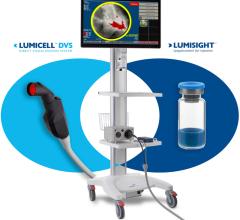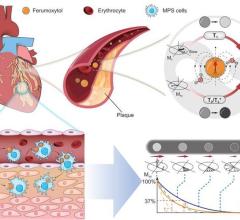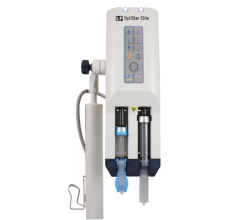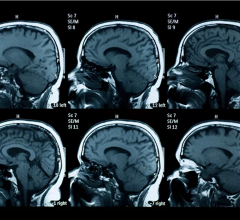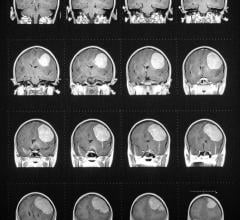
January 8, 2009 – Bayer Schering Pharma AG and Hamamatsu Photonics K.K., Japan have signed a licensing agreement for the use of novel substances in the field of molecular imaging for cancer, allowing the company to expand its existing molecular imaging portfolio in the area of cancer.
In the agreement, Bayer Schering Pharma acquires the worldwide exclusive rights for research, development and commercialization of a group of molecules that specifically bind to malignant tumor cells. The company anticipates that used in combination with positron emission tomography (PET), these tracers could potentially improve the diagnosis of a variety of cancers.
The tracers are labeled with a short-life radionuclide and thus can be employed for PET imaging. PET is a nuclear medicine imaging procedure, with which molecular processes can be visualized in vivo, for example those in tumor cells. In contrast to the presently common procedures in PET imaging of cancer, these new PET tracers could help to possibly better differentiate malignant tumors from benign tissue alterations and to allow a more precise staging of the cancer.
"We have developed the novel tumor PET tracer based on a substance to be incorporated into tumor cells through the carrier molecules highly expressed on the tumor cell membrane. Since the chemical structure of this PET tracer is designed not to be identified by the carrier system on the normal cell membrane, the location of tumor tissue could be detected with high contrast in tumor animal models with PET,” said Hideo Tsukada, M.D., manager of the PET Center at Hamamatsu Photonics.
Find more information: www.bayerhealthcare.com


 July 09, 2024
July 09, 2024 

